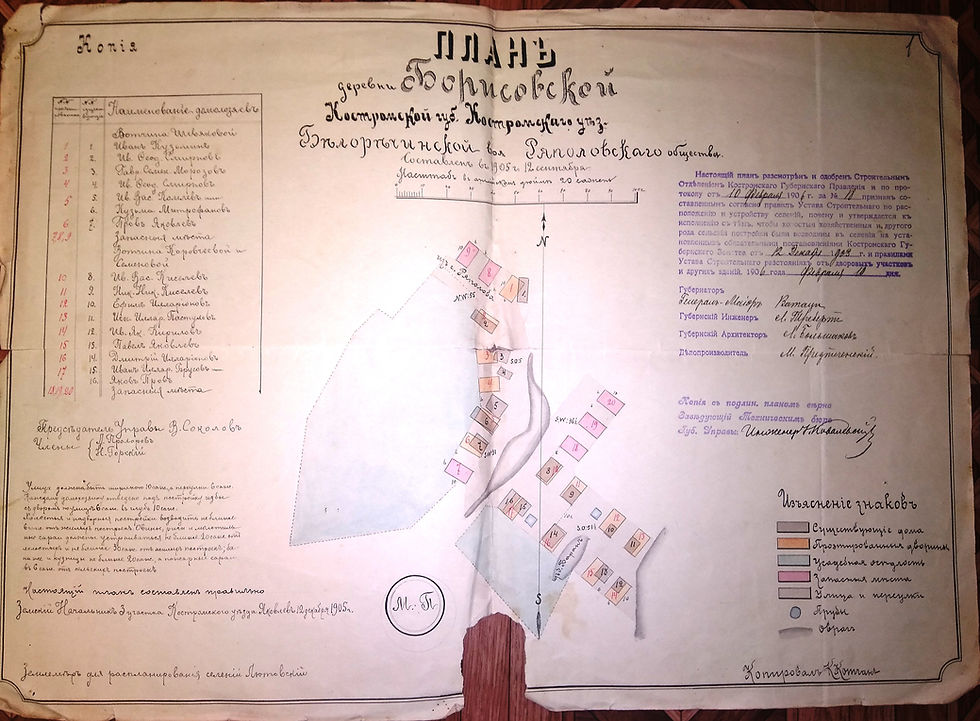More than words: meaning in translation and interpreting
- Yelena McCafferty

- Jun 23, 2025
- 2 min read
One of my interpreting lecturers once said: Interpreters don’t translate words, they interpret meanings. This has been a helpful explanation to give to people who are curious as to why a speaker may say thirty words only to hear an interpreter say about fifteen. This doesn’t necessarily mean there’s anything wrong with the interpreter: if interpreting is simultaneous, a salami technique may be used.
Also known as segmentation or chunking, it allows the interpreter to break up long sentences into smaller parts to express ideas in the target language. In a way, it actually eases comprehension for listeners, thanks to simpler linguistic delivery. It’s a constant balancing act; we’re listening, processing, reformulating - all in real time and under pressure.
On 21st June I attended a very engaging talk by Michele Berdy, a renowned translator, blogger and author, who spoke about little words, many meanings and big problems. She gave excellent examples of how small Russian words such as да, ну, раз, вообще, так can have different meanings depending on the context, syntax and even intonation. Michele said: We don’t translate words, we translate meanings.
Deja vu, I thought to myself. Whether we are translators or interpreters, we deliver meanings, or the purpose of communication is not achieved.
There are occasions when we’re instructed to interpret verbatim. Especially in police settings, we may be told to “interpret as is.” But what exactly is verbatim? Strictly speaking, it doesn’t mean repeating the same words in another language. It’s more about conveying the meaning as closely as possible, unedited, including filler words and tone. Verbatim interpreting is different from verbatim transcription, which means copying every single word from an audio file into text.
So when I hear someone say “just translate it word for word,” I now quote two luminaries of the language industry: we don’t translate words, we interpret meanings. If only it were ever that simple.



Nothing says rugged western style like a Yellowstone Jacket. These jackets are not only fashionable but also crafted for warmth and durability. A must-have for any fan of the show. To give it an extra authentic touch, style it alongside a premium Western Jacket.